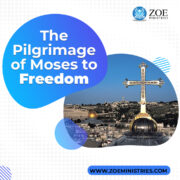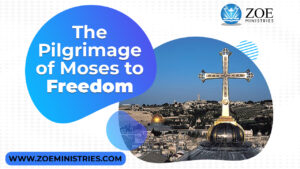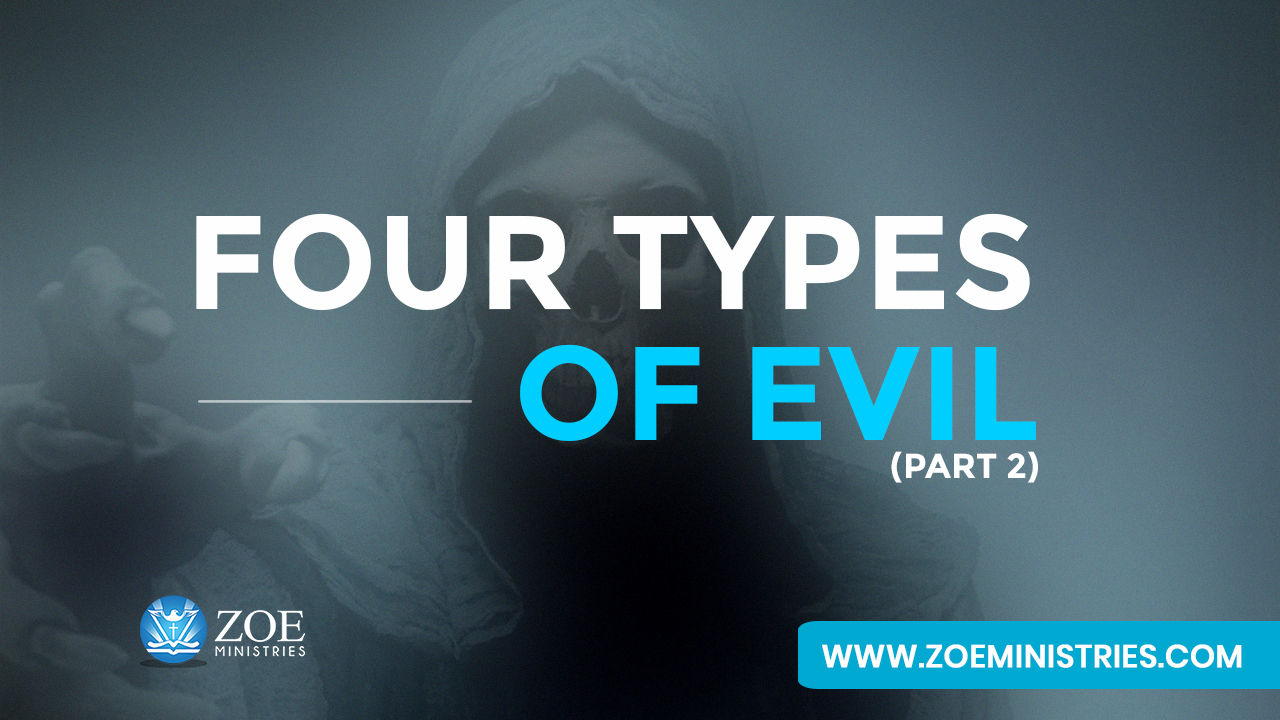The Star in the East
The Guiding Star
A star in the East led the Magi on their trek. This matched their studies and observation. God can utilize science, literature, and work to bring us to Christ. He used Magi’s astrology.
Ancients valued the stars. 2000 years ago, folks in the Middle East and on the seas didn’t have compasses or highway signs saying “50 miles to Bethlehem.” They relied on fixed stars for direction. They felt God formed them that way. When anything new happened in the sky, like a comet, meteor shower, or a planet or star blazing brighter, the ancients thought it was a message from God, the creator of the heavens and earth. They studied the stars to find God’s message.
The Sybilline Prophecy
Women called Sybils prophesied the birth of a global king outside of Israel. One Sybilline prophecy claimed that a heavenly sign would precede the king’s birth. Suetonius claimed in his “Life of Vespasian” that “there was a deep persuasion… that at this very moment, the East was to grow great and rulers from Judaea were to achieve global empire” This is why the wise men looked up. When they watched the star rise, they thought God was communicating something to them and announcing the birth of a global ruler in the east. They weren’t just curious astrologers. God-seekers. The wise men followed the star and their simple faith to the Holy Land. We don’t know how long their journey was, but the Gospel suggests it was long. Herod asked when the star appeared, and when they didn’t return, he killed every boy under 2 in Bethlehem. The magi believed God spoke to them through the star and traveled for months on each trip.
They visited Jerusalem before Bethlehem. Bethlehem is only six miles from Jerusalem, so they likely assumed the star was coming to rest over the Jewish city rather than a little village. They undoubtedly expected the newborn King of the Jews would be Herod’s son, so they wanted to meet him. They told Herod why they had traveled so far to worship a child to whom God had pointed with a star. Herod questioned his experts on the birthplace of the universal king. In Micah’s book, they told him he’d be born in Judea’s Bethlehem.
The Magi Stayed the Course
Only the Magi remained. None of Herod’s Bible specialists were curious enough to undertake the short journey, but the wise men, who had previously traveled hundreds of miles, left with zeal. Herod pretended to be interested in meeting the kid so he might assassinate him; the Magi had no desire to find out if the Messiah was around. Not only the Magi saw the star. Only they were hungry and brave enough to pursue its light. The magi provide a good example. Wise men were ready. Even though they had wonderful lives where they were (they could afford a lengthy journey and expensive presents), they considered being with the newborn universal king more essential. They left all behind to follow a star in the East.
We must also make a spiritual pilgrimage. The Christian life begins with baptism and ends in Bethlehem and Jerusalem. The wise men were surprised to find Jesus. They expected to see the newborn king in a palace, not a stable, draped in royal silk, surrounded by courtiers, not animals and shepherds. After finding him, they didn’t turn back. They let God adapt their categories rather than fitting God into them. They needed to rethink their notions about power, God, and man and recognize that God’s power is not like the power of this world. God’s ways aren’t what we imagine or want. God’s unique. Throughout life, we must study God’s ways and conform to them, especially when he asks us to model our lives on the Cross.
The Magi gave the Child their riches. They intended to adore him. Therefore, they did so. They sacrificed in their liturgy. Only seeking Christ for our good is unworthy. We can show our appreciation by serving and sacrificing.
Invitation
Prophetic wisdom and anointing await you. Connect for a personal prophecy.
Join our LIVE Conference Call!
1) Call 515-604-9266
2) Go to startmeeting.com, and use the login: BishopJordan


























